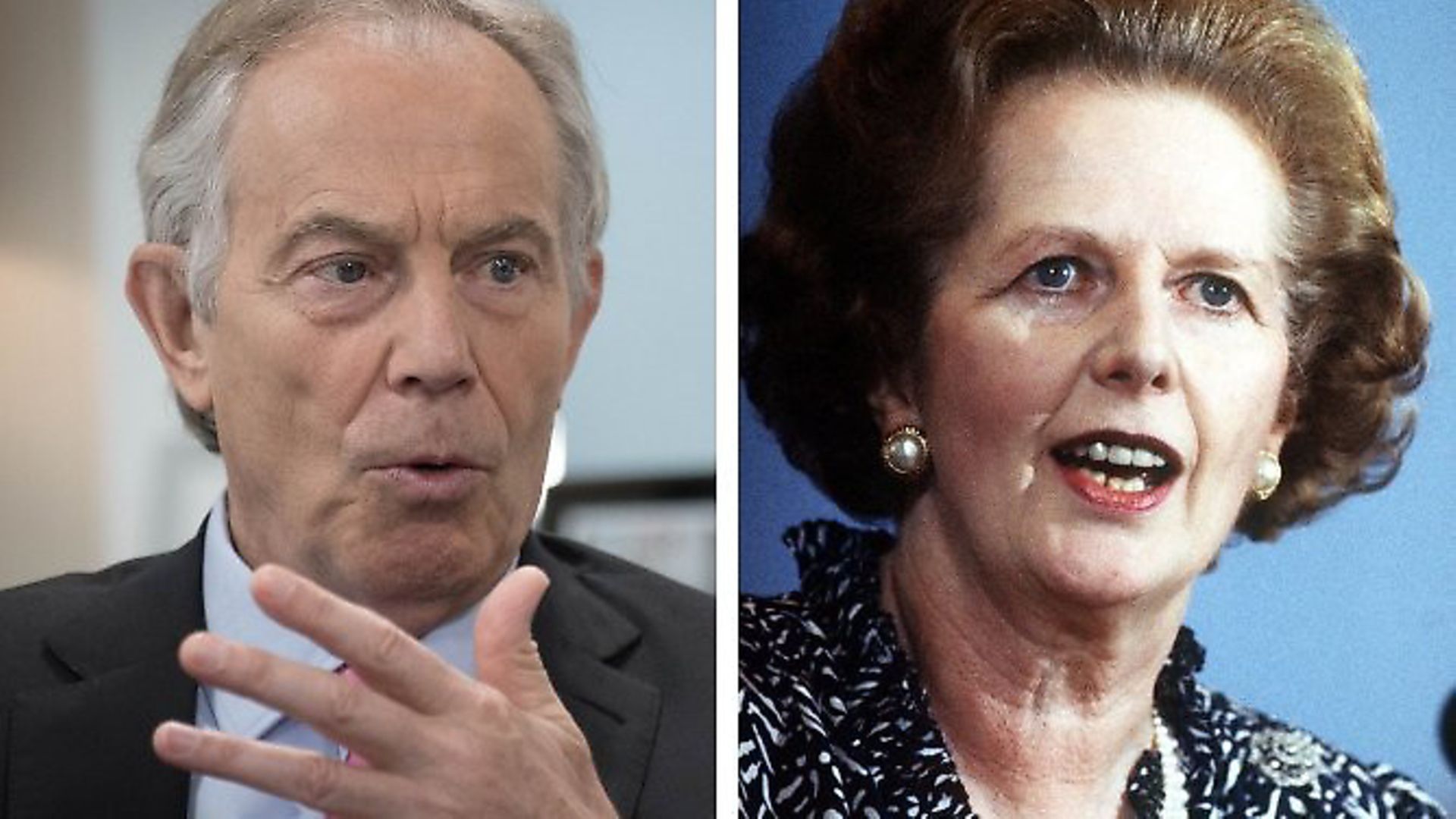
Easter being a time for humility and reflection, let me ask: why can a country get something as badly wrong as Brexit?
I think it’s because politicians, being people, only really learn from what they have experienced personally.
We all know this to be true of life at large. However much we read about love, work, grief and relationships, we only really learn when they happen to us personally, or maybe when we see them happening among our families and friends. Even then, we have an uncanny knack of repeating all the mistakes to check that the laws of life apply to us too.
Successful people are no exception. True, they generally learned something to become successful. But in my experience that is usually down to the development of talents as a child and young person, which largely depend upon their parents and teachers applying their own life experience.
So too in politics. Brexit has been one long catalogue of hubris and failure to learn without failing first. It goes back to the start of Brexit, rooted in two key moments: Margaret Thatcher’s Bruges speech of 1988, which declared war on Brussels, and Tony Blair’s failure in 2004 to apply agreed EU transitional controls on the right of Poles, Czechs and others from the new eastern member states to work in western Europe.
Thatcher’s Bruges speech, which launched the right-wing ‘Euroscepticism’ that led to Brexit, was part and parcel of late Thatcherism when, after three electoral landslides and a decade in power, she thought she walked on political water. It went alongside the poll tax, which led to riots in Tunbridge Wells and the rapid defenestration of ‘Catherine the Great of Finchley’, as Denis Healey memorably described the most dominant peacetime prime minister of the 20th century.
In the international arena, the collapse of the Soviet Union and success of the Falklands war led Thatcher to believe she really was the Iron Lady whose will would triumph, provided America was onside. Hence too her crass opposition to the reunification of Germany, another immediate cause of her fall in 1990.
The long-drawn-out demise of Brexit is learning-by-doing what ought to have been obvious from history and experience: that you can’t keep the benefits of the EU while leaving it. And that when you start down the road of populist xenophobia it is hard to stop.
Bruges was a failure to learn that megalomania doesn’t work within a mature democracy, or within a Europe of which we are less than a seventh by population. By contrast, Blair’s mistake in going it alone on rights to work for central and east Europeans is a fascinating case of not learning from the immediate generation before his own.
All politicians who lived through Enoch Powell, ‘rivers of blood’, and the intense anti-immigrant politics of the 1960s and early 1970s were wary of sudden moves on immigration. My mentor Roy Jenkins told me, anguished, why he supported the Commonwealth Immigrants Act of 1968, which virtually stopped large-scale immigration overnight, because it had become socially and politically unsustainable, through the failure to regulate numbers, and to integrate new immigrants properly, in the early and mid 1960s.
Crucially, Powell’s vile ‘rivers of blood’ speech came after – not before – the passage of the Commonwealth Immigrants Act. His language was repulsively racist and violent, but his ‘stop mass immigration before there is a social explosion’ theme was by then common currency of politicians Liberal, Labour and Conservative.
This ought to have given pause in 2003/4 before encouraging another wave of mass immigration from poorer countries. The EU’s regime of transitional controls, to ensure a phased introduction of freedom of movement across the continent as a whole, was put in place precisely to avoid a surge of immigration focused on just one large, affluent, west European country.
Powell and the race politics of the 1960s had played out while Blair and his team were at primary school – or nursery for those of us younger still. It was only as a kind of repeat of the 1960s took place after 2004, with Farage the neo-Powell, that the political class realised the dangers. If Blair had been 15 years older, I am fairly confident he would have implemented the EU’s transitional controls.
Ironically the Powellite backlash, of which Brexit is a big part, happened just as the immigration surge from central and eastern Europe was slowing dramatically. However, after Good Friday comes Easter Sunday. Once Brexit has collapsed, this generation, at least, will know a few things from personal experience. Don’t vilify Europe. Don’t think you can be half-in and half-out. And once this is settled, don’t for God’s sake hold another referendum on Britain’s membership of the EU.









